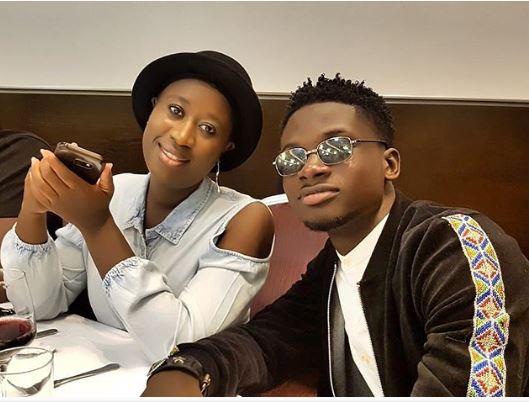ANC wins South Africa election
The African National Congress has won a
commanding victory in South Africa's general
election, partial results show.
With about 80 per cent of the results in, the
ANC has 63 per cent of the vote, followed by
the Democratic Alliance on 22 per cent.
The BBC's Andrew Harding says inequality,
unemployment and corruption are big
problems but the electorate has shown it has
not lost faith in the ANC.
The Economic Freedom Fighters party is in
third place with 5 per cent.
The electoral commission said voting passed
off peacefully in most areas, with turnout at
just over 72 per cent.
The elections are the first since the death in
December of Nelson Mandela – the country's
first black president – and mark 20 years
since the end of white-minority rule.
Dissatisfaction with the government has been
growing over high levels of unemployment, a
lack of basic services and allegations of
widespread corruption.
Our correspondent says the ANC is likely to
use its impressive mandate to try to drive
through its National Development Plan –
rejecting nationalisation, and emphasising
investment and infrastructure.
The business-friendly plan has alarmed South
Africa's powerful unions – some of which may
soon break away to form their own party, he
says.
He adds that, on 5 per cent, the EFF are no
threat to the ANC but their aggressive
populism will keep ministers on their toes,
and South African politics more abrasive than
ever.
The DA has increased its share of the vote
from 17 per cent in the last election to 22
per cent, according to the latest results.
Early on Thursday, DA leader Helen Zille told
AFP news agency that she expected her party's
final vote to be around the 23 per cent
margin.
"We'll see how it goes. Of course, we hope it
will be more. We did as much as we could,"
she is quoted as saying.
The DA has been trying to make inroads into
the black electorate – its support is mainly
concentrated in the Western Cape which has a
large white and mixed-race population.
Those born after the end of apartheid in 199
were able to cast their ballots for the first
time, although only a third of those entitled
to do so had registered to vote.
An ANC victory would return President Jacob
Zuma for a second five-year term. He was
dogged by allegations of corruption in the
build-up to the election after an independent
inquiry found he had "unduly benefited" from
an expensive government-funded upgrade to
his private residence.
Speaking as he cast his vote on Wednesday,
Zuma said he thought "the results will be very
good", but added that the campaign had been
"very challenging".
In the last election in 2009, the ANC saw a
slight drop in support, polling 66 per cent of
the vote.




